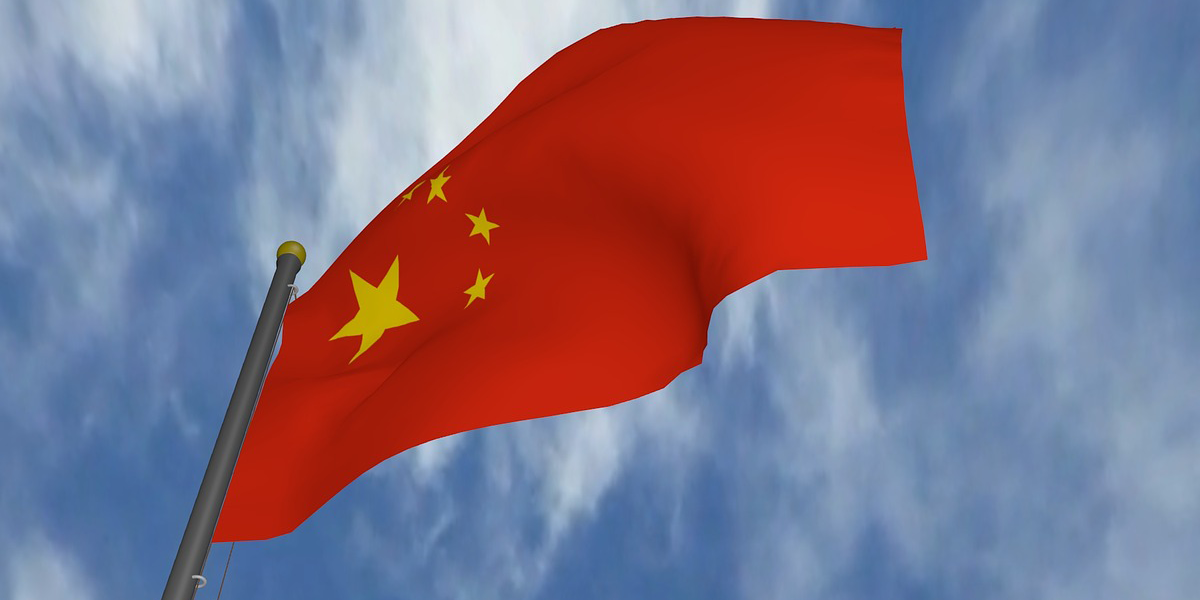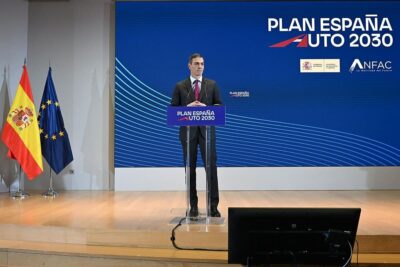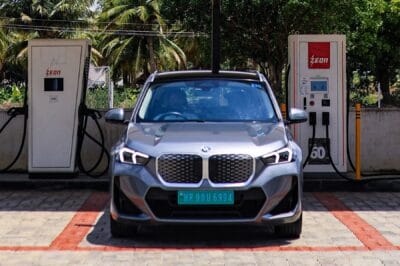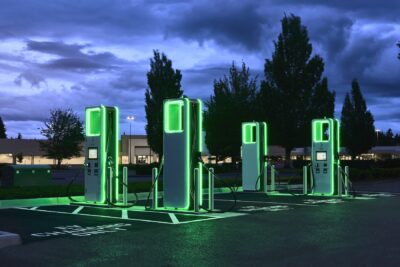China files WTO complaint over India EV and cell subsidies
The PM E-Drive scheme, or Prime Minister’s E-Drive Programme, was launched in 2024. It provides subsidies and tax benefits to automakers and suppliers who build EVs and related components in India, covering two-wheelers, three-wheelers, passenger and commercial EVs. Additionally, there’s the Production Linked Incentive (PLI) scheme. Launched in 2020, it offers incremental incentives to manufacturers based on how much they produce domestically. Incentives are linked to sales volumes and localisation levels in India, with firms like Hyundai, Tata, Ola Electric, and Reliance all qualifying for the scheme.
China now contends that these subsidy measures violate WTO rules, including the national-treatment clause, claiming that these incentives act as import-substitution subsidies. Import-substitution subsidies are government incentives which encourage companies to use domestically produced goods or components instead of importing them; the national-treatment clause also forbids discrimination against foreign goods.
However, the incentives themselves are linked to India’s domestic value addition criteria which effectively mandates a certain degree of localisation and domestic manufacturing for products. In other words: the subsidies are available for vehicles with a certain degree of components manufactured in India.
China contends that these subsidies give Indian companies an unfair competitive edge within its own EV market. Beijing has now filed a complaint with the WTO via its commerce ministry and “requested consultations” with India – the first step of the WTO dispute settlement process. It means India will now face scrutiny of its EV industrial policy, and if its programmes are deemed to violate WTO obligations, it could be forced to amend or repeal key subsidy measures.
Beijing appears to be flexing its muscles regarding its global dominance of the EV supply chain. The complaint against India comes just as the Indian government works on a new subsidy scheme for domestic “end-to-end” magnet production using rare earth oxide. Beijing recently placed stringent export restrictions on heavy rare earth magnet exports from China, as well as export controls on aspects of the lithium-ion battery supply chain – including lithium batteries, plus cathode and graphite anode materials.





0 Comments